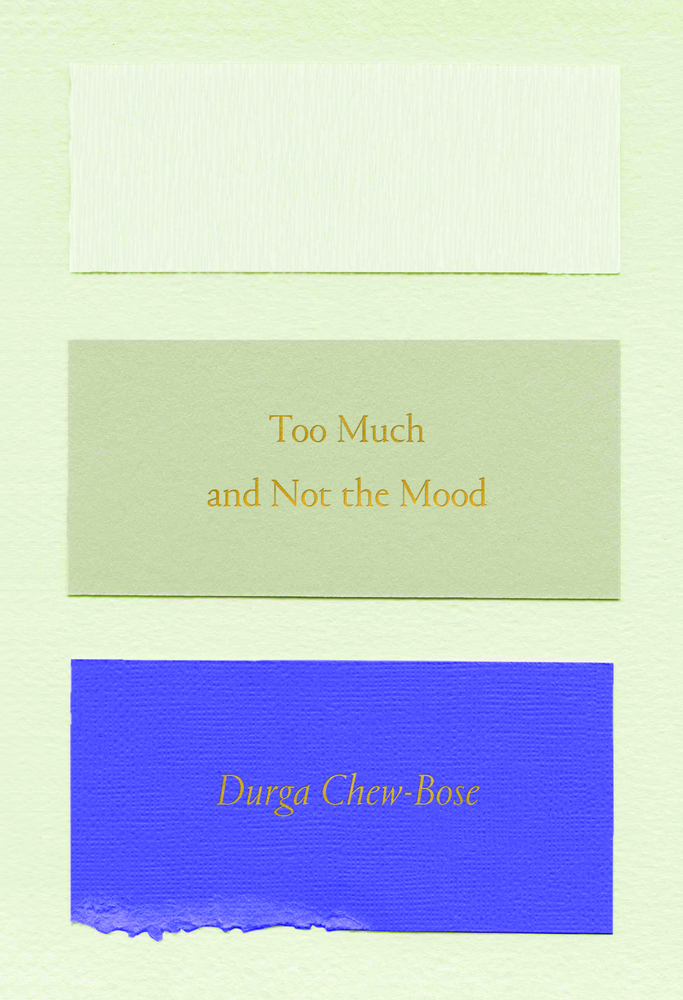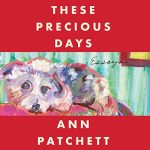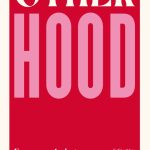Too Much and Not the Mood: Essays, a collection of essays by Durga Chew-Bose, reads like poetry. Much longer than the essays in the rest of the book, the opening essay, “Heart Museum,” acclimates readers to the tone and language Chew-Bose uses throughout the rest of the book. It also aptly fits the title of her book, a phrase Virginia Woolf used when describing the disdain of editing her writing to appease readers.
“Heart Museum” uses powerful imagery to bring relatable stories to life, from her close friend moving away to what life is like as an introvert. Regarding her affection to introversion, Chew-Bose explains, “My friend and I have started calling ourselves nook people. Those of us who seek corners and bays in order to redeploy our hearts and not break the mood. Those of us who retreat in order to cubicle our flame…Who are our own understudies and may as well have shadowboxes for brains.”
Poetic Flare and Wisdom
The remaining thirteen essays read with just as much poetic flare and wisdom as the first. Many of them focus on Chew Bose’s parents – two people she clearly adores – and her own childhood. In one essay, Chew-Bose tackles the difficult topic of her parents’ divorce and deciphers the word “miserable.” She writes, “If you’ve ever had a sad parent, then you’ve grown up learning how to perceive sadness when it’s being expertly concealed from you,” she writes. “You’ve not so much witnessed sadness but sleuthed it. You’ve absorbed it, and, without understanding what it is, you might even mimic it.”
Chew-Bose also writes of when she began realizing she was different than her friends. “Growing up brown in mostly white circles means learning from a very young age that language is inured to prejudicial glitches.” As a child and after having her skin color complimented by a friend’s mother, she relates, “The luxury of privilege is so vast that praise is presumed to conceal bias.”
In the Author’s Shoes
Despite being taken from her own experiences, I found it easy to put myself in the author’s shoes and relate to her background, especially as a woman. In one essay, Chew-Bose depicts womanhood wonderfully: “A woman carries her inner life – lugs it around or holds it in like fumes that both poison and bless her – while nourishing another’s inner life, many others actually, while never revealing too much madness, or, possibly, never revealing where she stores it: her island of lost mind. Every woman has one.”
Toward the end of the book, Chew-Bose relates, “It still comes as a shock to me how irreversible life is.” Much of her book reflects this sentiment. Readers will feel how Chew-Bose holds dear her memories – of family, of friends, of events – and doesn’t attempt to change them. She seems to recognize past events as fixed events. However, in her recounting of them, she gives them new life and creates a beautiful collection of stories as a result.
Brittany Brolley of Laura’s book review team is a lifestyle writer, childfree advocate and founder of therinkydinklife.com, a website dedicated to breaking free of the stereotypes surrounding the childless.



